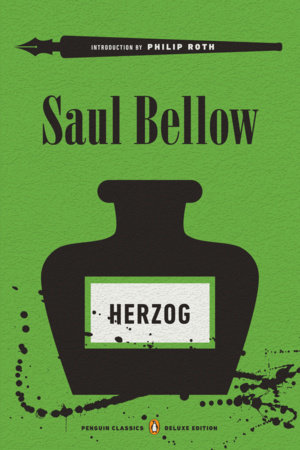I moved from Mission Viejo, California to an island in Washington by Seattle. I lived in Mission Viejo for the first 18 years of my life, and never moved. Moving to Washington, I don’t know how much of what I’ve noticed is specific to cities or is state-wide. Nevertheless, here are the random differences I’ve noticed.
- Axolotls are Illegal in CA
Axolotls only exist naturally in one polluted lake in Mexico, so catching and taking home wild axolotls is highly illegal due to their high endangerment in the wild. Because of California’s proximity to Mexico, axolotls are not allowed as pets to prevent axolotl trafficking. They are also illegal in New Mexico, New Jersey, Virginia, Maine, and Washington D.C. Don’t ask me why they’re illegal in the other states. But they’re legal in most states, including Washington, because they are distributed humanely.
- People Aren’t as Friendly
In Mission Viejo, everyone is always smiling and trying to look happy. Washington? Not so much. The gloomy weather leads most to not want to leave the house and gaze sadly out the rain-spattered window. It’s hard to seem happy when it’s always raining and foggy, and people in Washington just don’t care enough to portray themselves as happy. There are ups and downs to this. I feel people in Orange County are more fake nice and always trying to get on your good side to cash in the favor later, while people in Washington aren’t concerned about what you think of them and are more honest with their feelings.
- It’s Rainy
California is very sunny. Growing up 15 minutes from the beach, I didn’t realize how special that was. In Washington, if it’s sunny out, vendors will abandon their shop to stand outside in the sunshine. It’s a state-wide event. People will wear sundresses and constantly be talking about how nice of a day it is. When it’s sunny in California, it’s just a day. It’s crazy how a lot of the world only sees the sun a few months of the year.
- Everyone is Pale
I didn’t realize how much sunscreen I was using in California! Up here, you don’t need sunscreen. Ever. And everyone is super pale. In Orange County, everyone is always talking about how they need a tan. Here, everyone is pale and proud of it. I have not seen a tanning salon. It’s nice to be so comfortable with my pale self, as I always felt ashamed of not having a tan in Mission Viejo. But it’s weird having people not care about having a tan after being in Orange County!
- They Drink Coffee All Day
I thought people in California drank a lot of coffee. But I hadn’t been to Washington. Coffee is their water. Everyone always has a cup of coffee in their hand, even at 6pm! There are cafés everywhere, as well as drive-up coffee stands in every parking lot. I’ve never seen one in California, but they’re everywhere in Washington! Starbucks started in Seattle, and I think that says it all. People up here drink coffee all day, every day. I have never heard someone say, “You shouldn’t drink coffee right before bed!” They do not care. They drink it as their dessert. Washington is also the only state to have free coffee at every rest stop. They really love their coffee.
- Racial Diversity
Both Mission Viejo and Seattle are diverse. Both have mainly Caucasian people, but Mission Viejo has significantly more Hispanic people and Seattle has significantly more African American people.
- Storage Units
There are storage units everywhere here. I don’t know why, but here’s my theory. Orange County is newer, so people move there with few belongings, knowing how high rent is going to be. In the Seattle area, there are many retired people who don’t have space for their growing belongings and can’t afford a new house. But that like folding laundry and having band rehearsals. Storage units are used more actively here, opposed to dusty places you forget your own.
- Everyone is Sad
Seasonal Affective Disorder (SAD) is real. It’s depression due to lack of sunlight, and it’s very present in Washington. For example, there is only light out from 7:52am-4:16pm in WA on Dec 15, 2019m only about 8 hours of daylight. On that day in California, there are about 10 hours of daylight from 6:47am-4:44pm, California almost has two more full hours of daylight! Having less Vitamin A causes depression, which is probably why Washington’s suicide rates are above the national average, while California’s rates are below.
- There Are Fewer People
Just Orange County has a population of roughly 3 million, while all of Washington is 7.5 million! And Washington is half the size of California. There’s is a much lower population density state-wide in Washington, but Seattle is very packed. There are also just fewer people overall. California has a population of almost 40 million, over 5x that of Washington despite being twice as big!
- It’s Right by Canada
In California, people go to Mexico on the weekends, but in Washington, people go to Canada on the weekend. Both states border another country and seem to have more people visiting the US than Americans traveling across the border. Washington is the go-to for Canadian gamblers due to legal casinos and is more of a place to visit for foreigners, while Mexicans seem to move to California.
So yeah! Those are the random things I’ve noticed from basically moving from the Mexican to Canadian border of the U.S.
-Jessica F.







